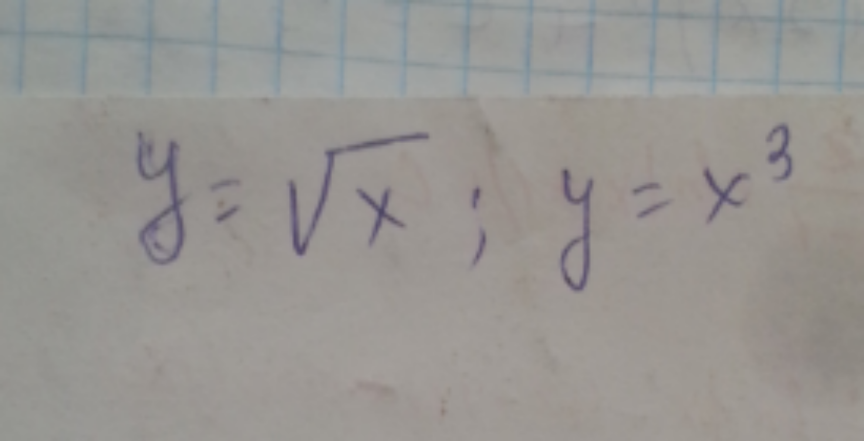
Relation and FunctionsQuestion and Answers: Page 12
Question Number 142871 Answers: 0 Comments: 0
Question Number 142869 Answers: 2 Comments: 0
Question Number 142430 Answers: 2 Comments: 0
Question Number 142429 Answers: 1 Comments: 0
Question Number 142426 Answers: 1 Comments: 0
Question Number 142425 Answers: 1 Comments: 0
Question Number 142424 Answers: 0 Comments: 0
Question Number 142423 Answers: 0 Comments: 0
Question Number 142389 Answers: 1 Comments: 0
Question Number 142365 Answers: 1 Comments: 0
Question Number 142115 Answers: 2 Comments: 0
Question Number 142021 Answers: 0 Comments: 0
Question Number 141935 Answers: 0 Comments: 0
Question Number 141933 Answers: 0 Comments: 1
Question Number 141932 Answers: 2 Comments: 0
Question Number 141775 Answers: 1 Comments: 0
Question Number 141774 Answers: 2 Comments: 0
Question Number 142229 Answers: 1 Comments: 0
Question Number 142228 Answers: 1 Comments: 0
Question Number 142231 Answers: 0 Comments: 0
$$\mathrm{find}\:\int\:\frac{\mathrm{ch}\left(\mathrm{x}\right)}{\mathrm{cosx}}\mathrm{dx} \\ $$
Question Number 141653 Answers: 0 Comments: 0
Question Number 141652 Answers: 0 Comments: 0
Question Number 141937 Answers: 0 Comments: 2
Question Number 141570 Answers: 1 Comments: 0

Question Number 141551 Answers: 0 Comments: 3

Question Number 141568 Answers: 0 Comments: 2

